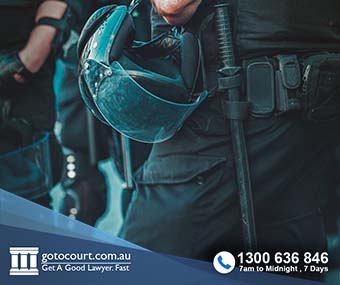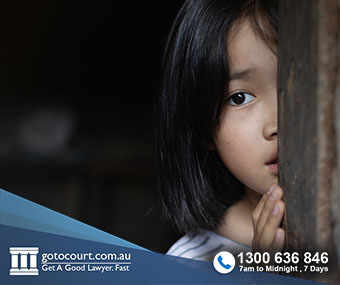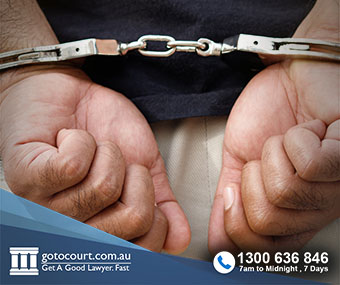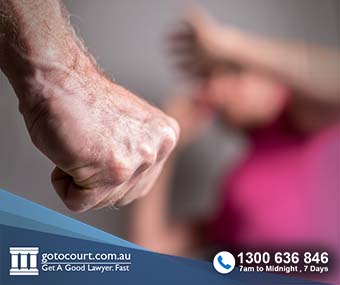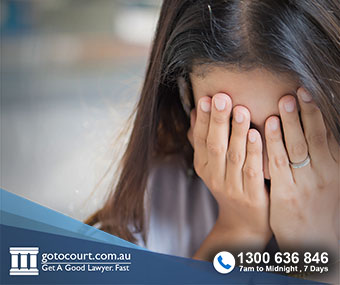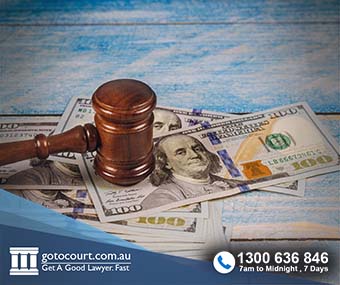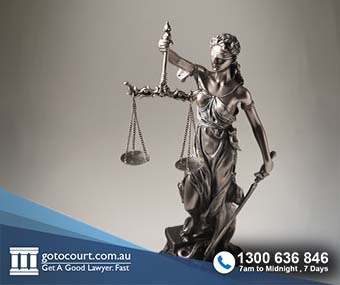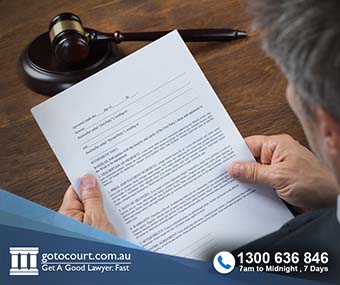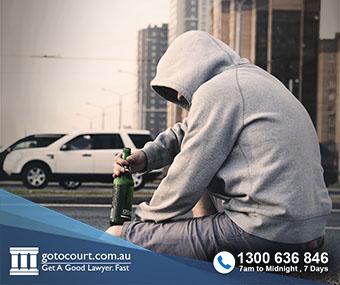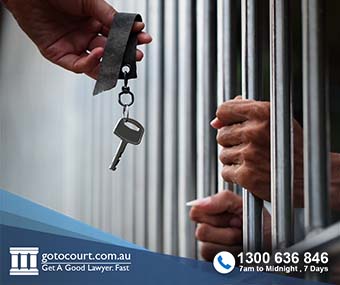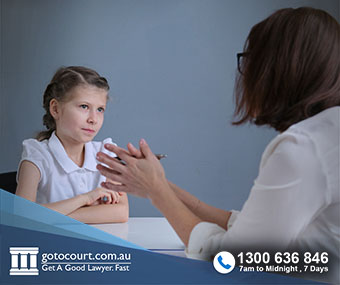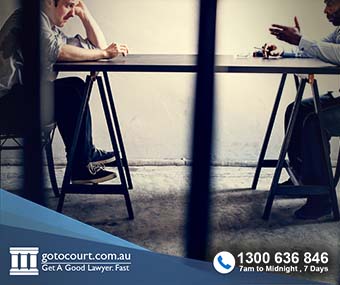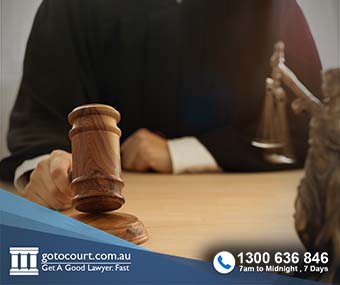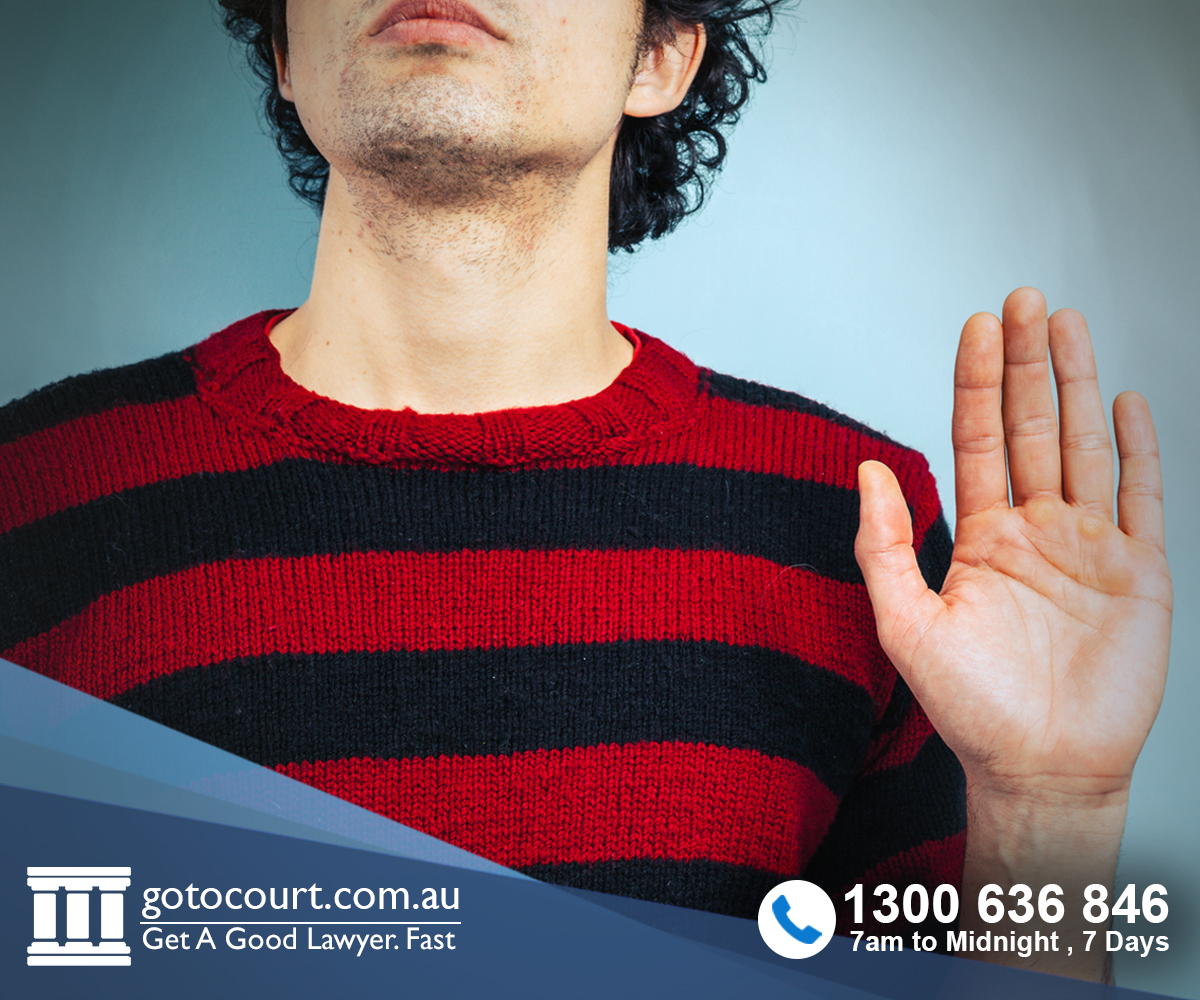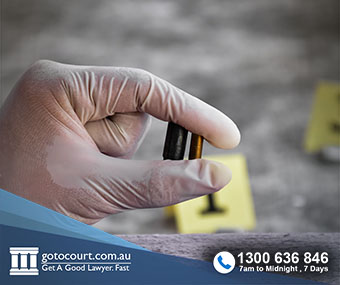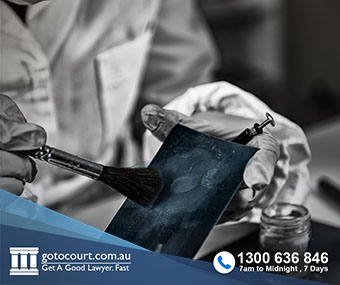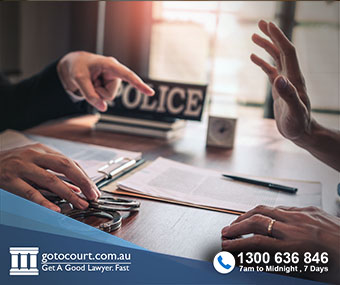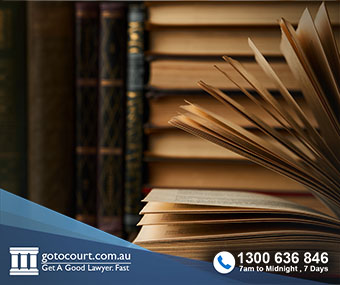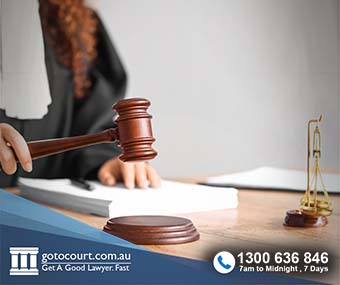Child Witnesses in Criminal Matters (Qld)
Child Witnesses in Criminal Matters (Qld)
Children often give evidence in criminal law matters. Unfortunately, most children giving evidence are victims of crimes. Some, however, may give evidence as a witness to a crime. There are special rules that apply to child witnesses. This offers extra protection and support for children throughout the court process. This is to protect the child and to minimise the trauma that the child may suffer as a result of giving evidence, particularly if the child is the alleged victim.
Competency
When a witness gives evidence in criminal courts, the court must be satisfied that they are competent to give evidence. This is no different for children. Pursuant to the Evidence Act 1977, all persons, including children, are deemed competent to give evidence. However, either party to the proceedings can raise the issue of competency if they believe it is in doubt. When a witness is a child, the court must be satisfied that the child knows the difference between a lie and the truth.
If the court deems that a child is not competent to give evidence, the child will not be permitted to give any evidence and all their previous statements will be precluded.
Process of eliciting evidence
In all criminal trials there is examination-in-chief and cross-examination. However, the process for obtaining these types of evidence is different for child witnesses than for adult witnesses.
In order to explain the process for child witnesses, we must first explain the difference between these types of evidence.
Examination-in-chief is the evidence is the process of adducing evidence that one particular party wishes the court to hear. For example, the Prosecution will call witnesses to give evidence that they say will prove their case. They will bring their witnesses before the court and will elicit evidence from them through questioning. For example, in an assault case, the victim in that matter would be a prosecution witness, and prosecution would ask them questions in court to elicit the events that they say occurred. This is the examination in chief.
Equally, the Defence may lead evidence that puts doubt in the prosecution evidence. The Defence may bring their own witnesses and adduce that evidence to the court through examination in chief.
Cross-examination follows examination in chief. This is the process where the witness is interrogated by the opposition party, who will challenge the evidence that has been given in evidence in chief and try to expose its weaknesses.
Statements of child witnesses
The process of obtaining evidence from child witnesses is different to the process for adults. Examination-in-chief and cross-examination still occur, however, they are conducted differently.
The examination-in-chief of a child witness is conducted by police officers, usually at the police station. The conversation is recorded as a video so that the child can be seen, and the evidence heard clearly. This is called a Section 93A statement. This recorded statement is then played in court as the evidence in chief, rather than the prosecution eliciting that evidence on the day of trial.
The evidence-in-chief of a child witness is much more relaxed, so as to limit the trauma suffered by the child. The Section 93A statement recording will likely include discussions that are not relevant to the criminal proceedings but are to get the child comfortable talking to the interviewer. This is not the same for adult witnesses, and such questioning would otherwise be objected to for lack of relevance.
Cross-examination is also done prior to the trial and is usually conducted by closed-circuit television. This child is hidden away from the courtroom in a separate room. The Judge, prosecution, defence lawyers and the accused sit in the courtroom, with the child appearing on the court’s television. The camera is set up so that the child witness cannot see the accused.
During any of the video recordings, the child witness can take as many breaks as he or she requires. This is again to minimise any discomfort felt by the child.
Edit of recordings
As children can often say something in pre-recordings that should not be heard by the jury, the video recordings are reviewed prior to trial and any necessary edits are made. The edits are to be agreed upon between the prosecution and defence, or otherwise determined by the Judge.
Trial
The trial is listed after all the examination-in-chief and cross-examination of the child witnesses are completed.
The criminal trial then runs as usual. The jury is selected, the prosecution opens its case and commences leading its evidence. When the prosecution requires the evidence of the child witness, the Section 93A statement and pre-recorded cross-examination are played to the jury. The child does not give any evidence whatsoever in front of the jury. The jury is often provided with transcripts of the recordings so that they can follow the recordings easily. They are used as an aid only and cannot be taken to the jury room during deliberations.
The jury can request to replay parts or all of the Section 93A statement. However, a warning may be given by the judge to the jury not to give greater weight to evidence simply because they have heard it more than once.
If you require legal advice in a criminal matter or in any other legal matter please contact Go To Court Lawyers.

Affordable Lawyers
Our Go To Court Lawyers will assist you in all areas of law. We specialise in providing legal advice urgently – at the time when you need it most. If you need a lawyer right now, today, we can help you – no matter where you are in Australia.How It Works




1. You speak directly to a lawyer
When you call the Go To Court Legal Hotline, you will be connected directly to a lawyer, every time.

2. Get your legal situation assessed
We determine the best way forward in your legal matter, free of charge. If you want to go ahead and book a face-to-face appointment, we will connect you with a specialist in your local area.

3. We arrange everything as needed
If you want to go ahead and book a fact-to-face appointment, we will connect you with a specialist in your local area no matter where you are and even at very short notice.


